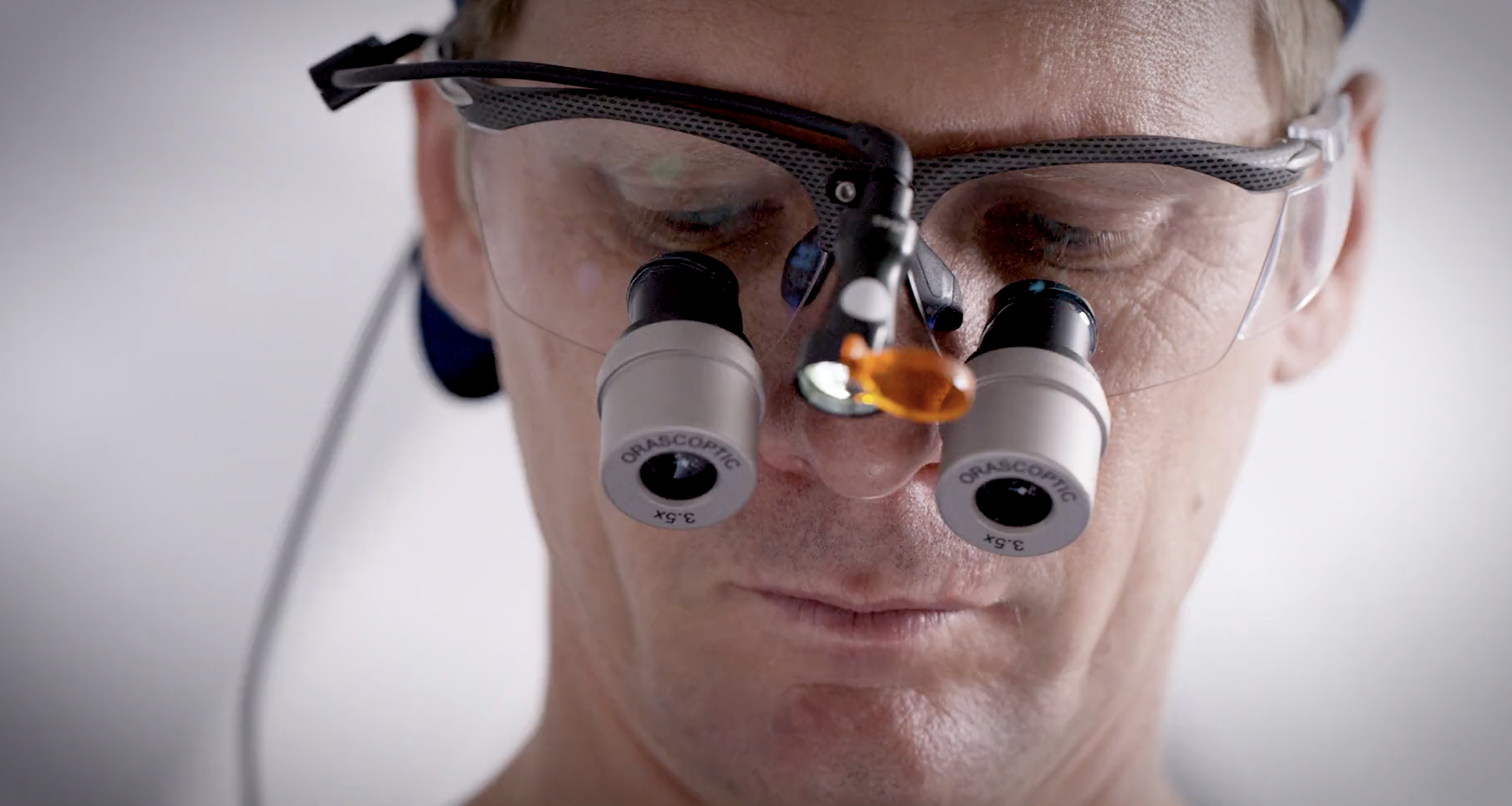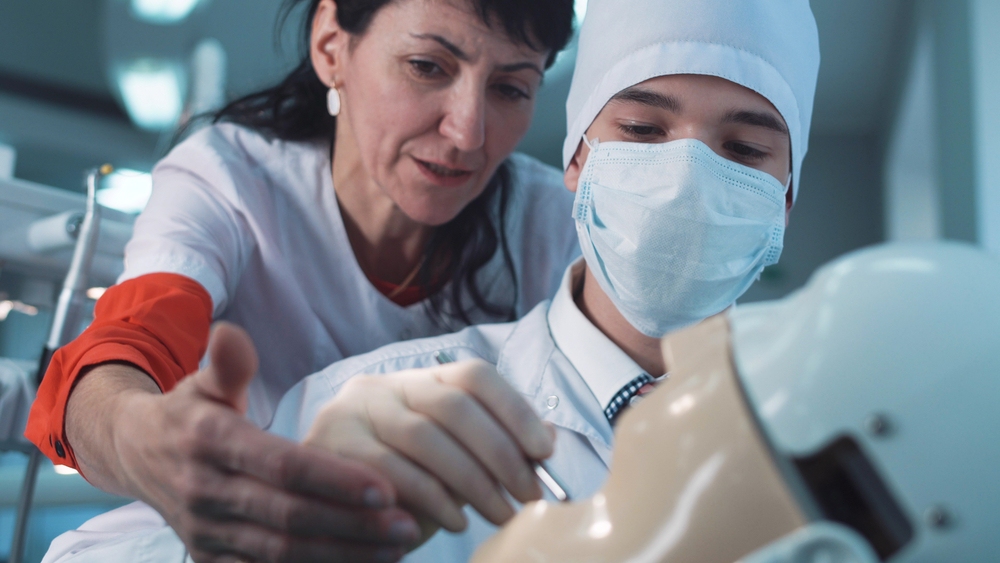Of considerable interest to me is the fact that human factors are largely ignored in the training of dentists.
I have attained my pilots license twice. Once at 16 and again more recently. It turns out I don't actually like flying small planes, I just like the process of getting my license (small planes tend to stop too often and leave children fatherless).
Flying is a far more dangerous activity than dentistry and the training of it is far better in my opinion.
A considerably amount of time is spent on human factors and ergonomics, which is the main reason that people kill themselves flying. This is the study of the physical design, psychology and decision making process, as well as human physiology that vastly affects decision making and successful outcomes.
People rarely crash because of a single thing. An engine failure in a small plane is often survivable if you go methodically through the checklist for engine failure and then make a skilful landing.
Unfortunately what happens is the engine stops. Your heart rate immediately spikes to 180 and your adrenalin maxes out. Your ability to remember your checklist is diminished, and your ability to carry out a skilful landing on a small farm field is also diminished.
The one time in your life the landing really counts, you mess it up because of the stress you are operating under.
Similarly, bad decision making is often due to layers of stress
Your daughter has a birthday tomorrow. The weather forecast looks questionable. But you really want to get there for the birthday. Due to the bad weather, it's very turbulent, so the plane is bouncing a lot which is very tiring.
The clouds start coming down but you think you can still make it. There is uncertainty, but you think you can. Just as you get to the end of the valley, you realise you can't get over a mountain without going into cloud and you don't have enough fuel to fly back to your original airfield. You also feel fatigued from staying up until 2 am and jittery from having five coffee's this morning.
The problem is not dealing with a single thing. It's dealing with multiple layers of stress until our brain reaches full capacity. Just like a computer, when it reaches full capacity, it crashes.
Suturing is not difficult
After doing local anaesthetic on a difficult patient who writhes, raising a flap, splitting the flap, decorticating, placing the implant, placing the membrane, placing the anchorage sutures and pins, redoing the anaesthetic because the patient complains and jumps. Now suturing is much more difficult because you are fatigued.
This is one of the reasons why you should try to do complex things as a group of small routine procedures and focus entirely on that small procedure until it is finished, until you start thinking about the next part.
I will raise the flap correctly. Only then, will I think about the bone graft.
Always start your incisions the same way.
When something is a routine, it takes less brain capacity.
Always have instruments set up the same.
Consider if you have done the procedure enough times so that you can do multiple procedures, or should you break it into two appointments so that you are less fatigued and have less to think about.
As Sun Tzu said, "Know others and know yourself and you will win 100 battles".
Knowing others is the easy part.







